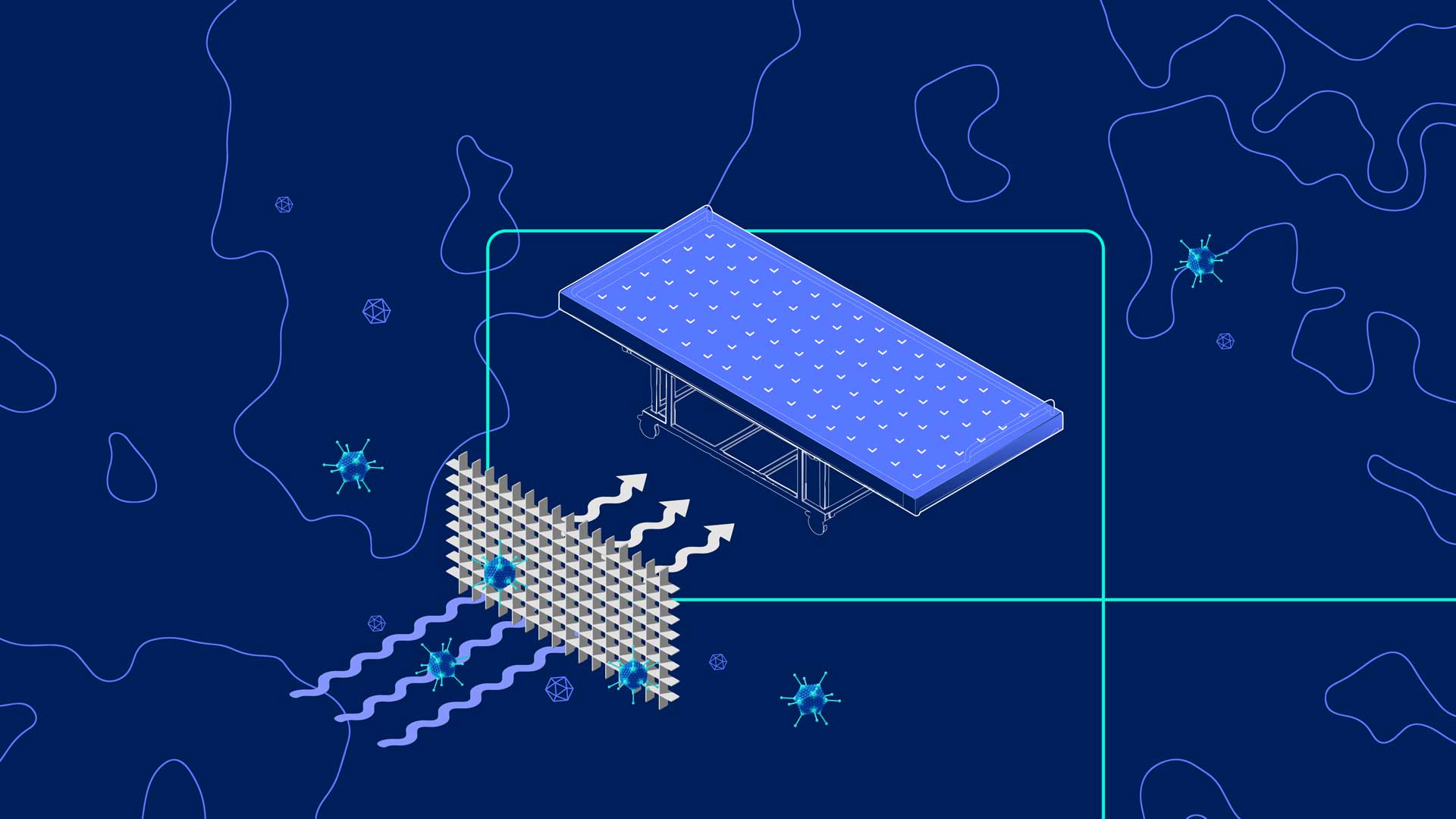Over the past half-century, agriculture has seen dramatic changes. Specifically, enhanced machinery has allowed for larger, faster, and more productive farm equipment, which has allowed for more land to be farmed with more efficiency. Yields have increased thanks to significant advancements in seed, irrigation, and fertilisers. Today, a new technological revolution is giving rise to a new era in the agricultural sector.
Emerging technologies, such as total controlled environment agriculture (TCEA), have the potential to significantly raise crop yields while enhancing the efficiency of, and fortifying the sustainability and resilience of, agricultural systems.
But how can we take advantage of these technologies to meet regional demand?
What the UK market is looking for:
Households are calling out to see locally grown food in their supermarkets, with almost 75% of consumers wanting to see more food sourced from British farmers. And 25% are already actively seeking British foods when shopping online [1].
But farmers are struggling to keep up with this kind of demand. Extreme weather events are leading to unpredictable yields and reduced profits for businesses.
In 2022, the biggest drought in 20 years has been declared in eight out of 14 areas in the UK [2]. Record temperatures have caused farmers to lose plantings of peas, sowings of broad beans, baby spinach, salad heads and berries because the heat had cooked them [3].
This heat wave caused fruits and berries to ripen faster, resulting in smaller produce, which may mean farmers lose out if it doesn’t live up to supermarkets’ high standards.

These extreme weather events aren’t a one-off occurrence. Scientists say droughts could continue into next year [4]. Continuing climate changes such as rising sea levels, changing rainfall patterns, reduced availability of water, and unviable land will hinder traditional farming practices.
What can be done to help the UK agricultural sector thrive?
How IGS’ TCEA systems can help
One solution to the unpredictability of the UK climate is to consider adding vertical farming technology into your existing farming systems. Modular, scalable and flexible vertical farming technology helps growers meet their customer’s needs and improve bottom-line profit margins by ensuring a consistent supply of quality crops.
Total controlled environment agriculture (TCEA), is an evolution of controlled environment agriculture (CEA). Glasshouses and low-tech indoor systems are considered CEA, but they don't have full control over the environment, so their yields are often unpredictable and inconsistent. TCEA creates its own microclimate by taking away all external factors for a growing environment that is predictable and repeatable.
At IGS, we use Growth Tower systems that increase yield by 2-3x compared to glasshouses, which is how UK produce is usually grown.
What other benefits do Growth Towers offer UK growers?
Fewer food miles
If British consumers want local food, how can we give it to them?
Air freight, to transport perishable out-of-season foods accounts for 11% of the UK’s food transport emissions [5]. Once it hits UK soil, transporting food within the UK is responsible for 25% of all miles covered by heavy goods traffic [6].
By growing in a total controlled environment, food miles can be massively reduced as produce is grown right at home on British soil. We can grow food that is usually seasonal year-round, lessening reliance on imports in the off-season.

Longer shelf life
By reducing the miles food has to travel, it can get to the supermarket shelves quicker. This means locally grown food in a TCEA system can stay fresh for longer.
Washing food also reduces its shelf life as it begins the process of degradation. Food grown in a TCEA system doesn’t need to be washed, as there are no pesticides, herbicides or fungicides used, extending the shelf life of fresh produce further. Naturally, this could lead to happier end users, whether that’s supermarkets, restaurants or the general public.
Reduced food waste
The valuable extension of shelf life reduces the amount of food we throw away.
Food waste is a big problem. UK households waste an estimated 9.5 million tonnes of food every year [7]. Overall, fruits and vegetables account for 42% of food wasted [8]. By extending the shelf life of food we can reduce this waste.
Growing in a TCEA system can reduce this section of food waste entirely, as growers have complete control over the shape and size of their produce.
Power to the grower
A TCEA system can give the power back to the grower. You will have the flexibility to cultivate multiple crops in different environments simultaneously, any time of the year, with consistent results.
IGS’ Growth Towers enable you to cultivate an array of produce in different sections of the growth tower. Our growth recipes explain the best way to cultivate your crop for the best results.

This guarantees that your business can provide a regular supply of produce, with high levels of quality, even during the off-season. And enables you to negotiate multi-year contracts with buyers, as you can grow high market value crops year-round.
You can adjust production in line with new requirements, producing crops in line with up-and-coming food trends, cornering the market
Get in touch to learn how IGS can help you improve productivity and ensure your long-term commercial viability.
Sources
1) “British Food Moving up the Shopping List during British Food Fortnight.” Waitrose, https://waitrose.pressarea.com/pressrelease/details/78/PRODUCT%20NEWS_12/12514.
2) Emma Gatten; Helen Chandler-Wilde; Catherine Lough. “UK Weather: Farmers Warn of Crop Failure in Biggest English Drought in 20 Years.” The Telegraph, Telegraph Media Group, 12 Aug. 2022, https://www.telegraph.co.uk/environment/2022/08/12/uk-weather-farmers-warn-crop-failure-biggest-english-drought/.
3) “UK Farmers Count Cost as Heatwave Kills Fruit and Vegetable Crops.” The Guardian, Guardian News and Media, 1 Aug. 2022, https://www.theguardian.com/environment/2022/aug/01/uk-farmers-count-cost-as-heatwave-kills-fruit-and-vegetable-crops.
4) Capurro, Emma Gatten; Daniel. “UK Weather: Drought Conditions Could Last into next Year.” The Telegraph, Telegraph Media Group, 11 Aug. 2022, https://www.telegraph.co.uk/environment/2022/08/11/uk-weather-drought-conditions-could-last-next-year/.
5) PollutionIssues, et al. “Food Miles: The Environmental Impact of Food.” Pollution Issues, 24 May 2021, https://pollutionissues.co.uk/food-miles-environmental-impact-food/.
6) Food Miles and Sustainability, http://www.i-sis.org.uk/FMAS.php.
7) Hall, M. (2022) Food waste 2022 the facts, Business Waste. Available at: https://www.businesswaste.co.uk/food-waste-2022-the-facts/
8) What food is wasted? | Too Good To Go. 2022. What food is wasted? | Too Good To Go.
https://toogoodtogo.com/en-us/movement/knowledge/what-food-is-wasted






.jpg)
